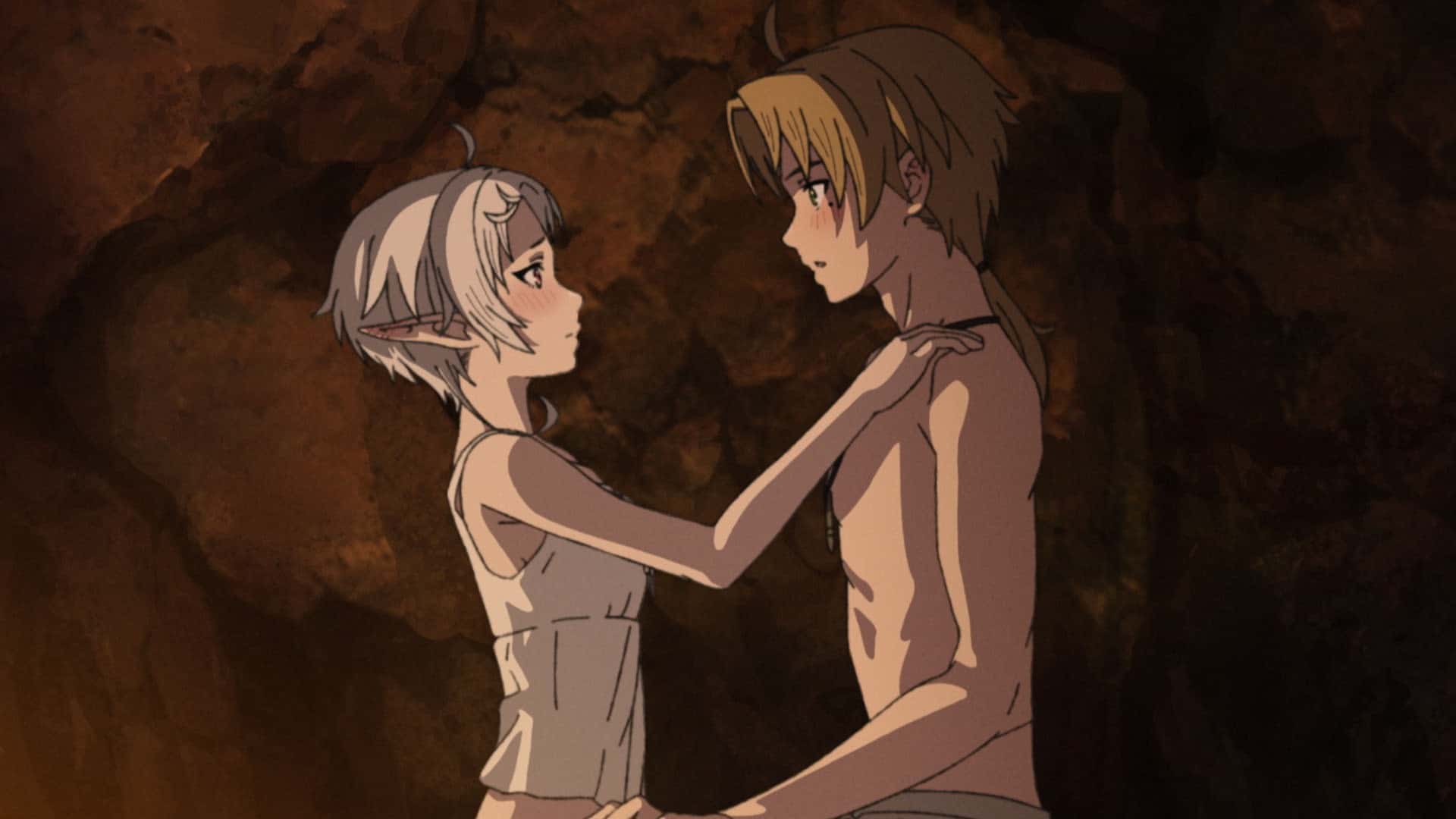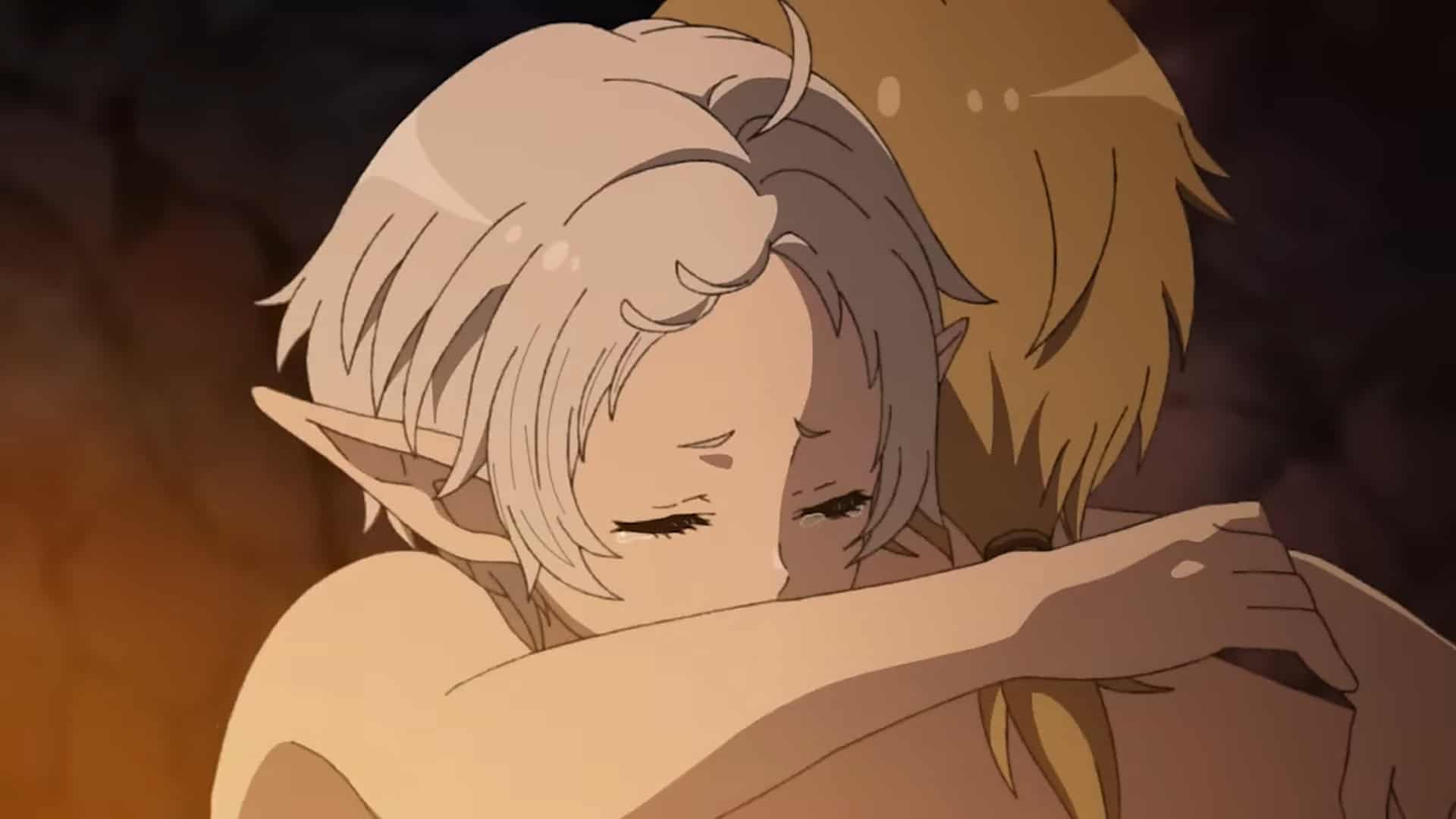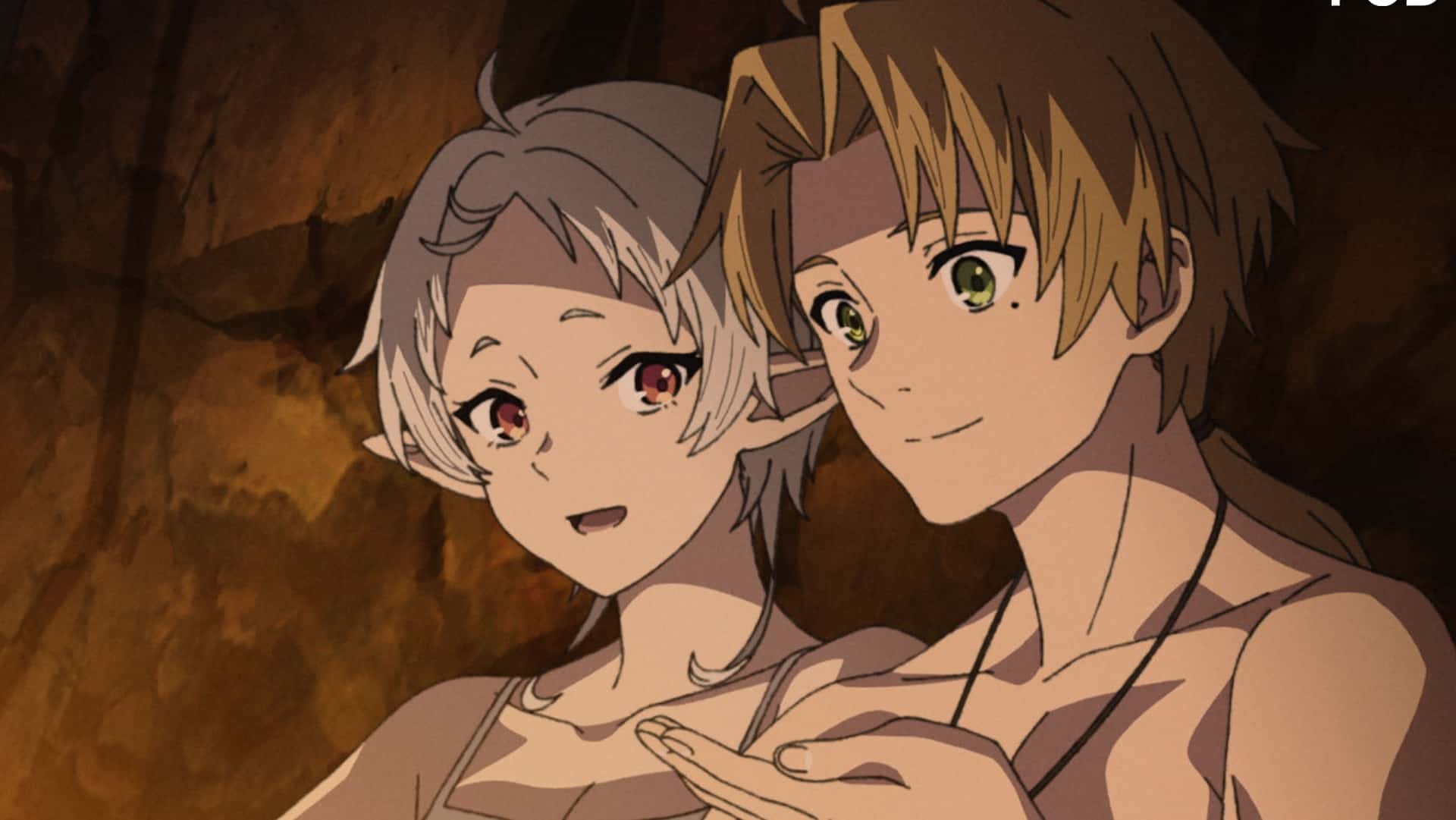Mushoku Tensei is often hailed as the pioneer of the isekai genre, admired for its groundbreaking world-building, immersive lore, and complex characters. The anime’s detailed universe and its intricate storylines have drawn fans from across the globe, who appreciate the richly crafted world in which the protagonist, Rudeus, goes on his journey.
However, beneath its world lies a deeply problematic aspect that has raised significant controversy. Mushoku Tensei’s portrayal of its main character, Rudeus, and his inappropriate actions toward underaged female characters has sparked discussions about the presence of pedophilic themes in anime and its potential impact on audiences. Critics have expressed concern over how this issue is handled and whether the creators are fully aware of the responsibility they bear in shaping public perceptions, especially regarding sensitive topics like consent and age.
Mushoku Tensei’s Controversial Themes

The central issue lies in the way Rudeus is depicted. Despite being reincarnated as a child in a new world, his mind remains that of an adult. His sexual desires toward underaged characters and his actions toward them have been portrayed in a way that some view as normalizing or even glorifying inappropriate behavior. This has led to accusations that the author self-inserts into the story, which many feel detracts from the integrity of the narrative and its potential for positive character development.
What compounds the problem is how the fandom, in some instances, readily accepts Rudeus’ actions without much critique. The author’s initial intention might have been to create a protagonist who audiences could sympathize with, but this portrayal has fallen short. Instead of framing Rudeus’ behavior as a cautionary tale or as part of his flawed character growth, it is often presented as a central feature of his development. Had the series dealt with these elements more thoughtfully, it could have transformed into a more impactful story with a deeper, more meaningful exploration of self-improvement and redemption.

In addition, Mushoku Tensei’s treatment of otaku culture has also been called into question. Rudeus’ behavior, while justified within the context of the series’ universe, would be deemed completely unacceptable in the real world. The fact that Rudeus’ actions are excused due to his physical appearance—he looks like a child but his mind is that of an adult—only further complicates the series’ message. It risks romanticizing his questionable behavior, which, in turn, has led some viewers to argue that the series reflects problematic aspects of otaku culture.
Despite these issues, Mushoku Tensei continues to enjoy widespread popularity, and its world-building, epic moments, and engaging plot have continued to attract a large fan base. However, it is crucial to recognize the problematic themes in the series, as they can have a lasting impact on younger audiences and shape their views on relationships and consent. Without addressing these flaws, the story’s potential for meaningful growth and character development is overshadowed by its darker elements.




